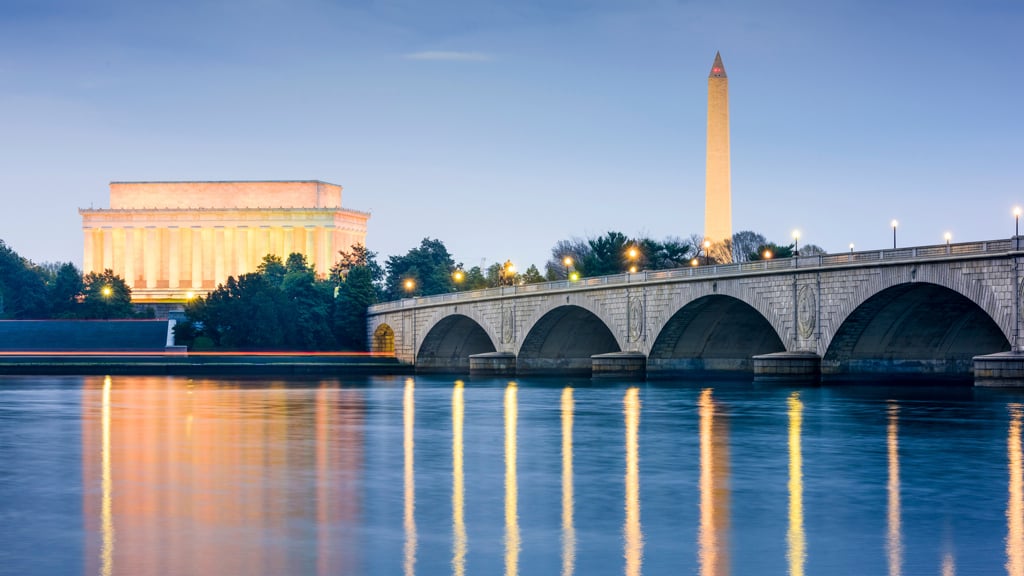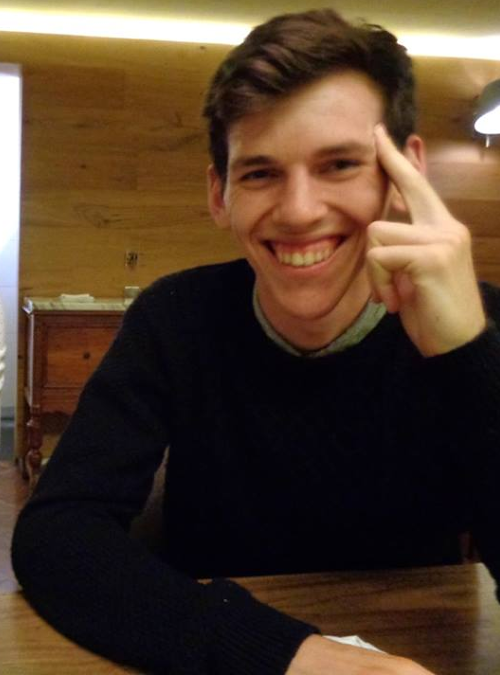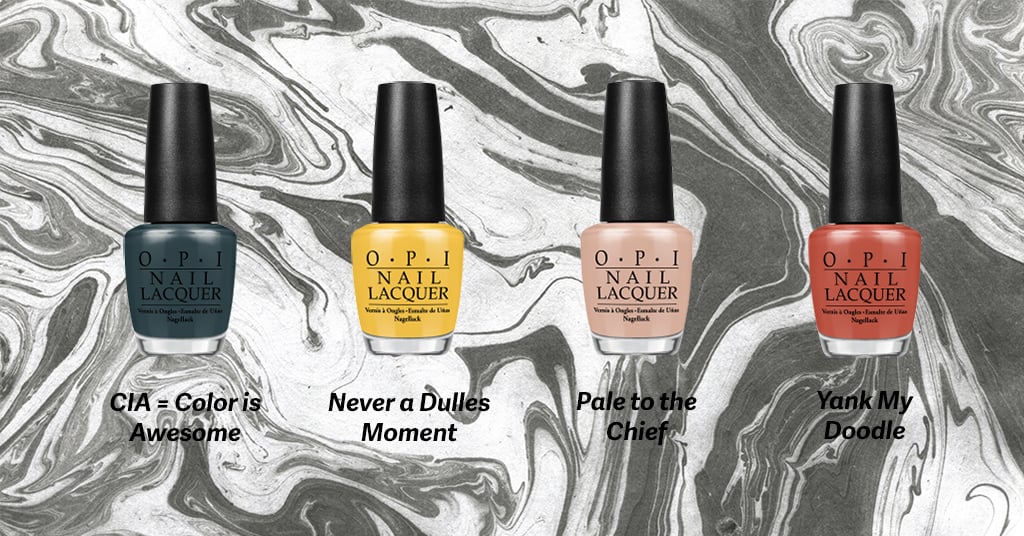The Washington Post reported Wednesday that a coalition of business and civic leaders from around Washington plan to raise $3 million to $5 million to rebrand the DC area. The idea, laid out at a conference Thursday morning at the Hay-Adams Hotel, is to present Washington as a place where “purpose-driven people” make history happen, instead of a federal city filled with House of Cards-style corruption.
A bit of soul-searching can’t hurt—after all, a large chunk of the country voted for Donald Trump to get rid of the Washington establishment. But to revamp the region’s image wholesale? That seems unnecessary.
For the business leaders backing it, the identity crisis began in 2015 when the US Olympic Committee picked Boston—and later, Los Angeles—as its bid city for the 2024 Summer Olympics. Add to the mix a president who sold an image of Washington as a gridlocked, unscrupulous swamp, and the whole place starts to seem bad for investment. Cary Hatch, the campaign’s project manager, cited a survey the rebranding team conducted that found outsiders see Washingtonians as “corrupt,” “educated,” and “arrogant.” The theme music from House of Cards played to drive home the point.
The core of the new brand is that Washingtonians are mission-driven people who “do work that matters.” That’s indisputable. DC has an abundance of organizations and professionals who specialize in advocacy, policy development, and other corners of the intellectual economy. Washington, as envisioned by James Madison, was designed to attract people from all over the United States—and eventually the world—who carry expertise and ideas that benefit the entire country, not any one part of it. But all that work depends on the federal city from which the re-branders suddenly want to distance themselves. There’s a reason the Red Cross and the NRA don’t have their headquarters in Kansas City or Columbus, Ohio, which were listed as competitors in the branding hustle. Washington could never be a “purpose-driven” city without the government. Why build a brand that minimizes it?
Besides, campaigns like these have a long history of failing, often because of unforced errors like goofy logos and slogans. Adelaide, Australia’s attempt in 2013 was laughed away after its marketers trotted out a vaguely Australia-shaped icon that was dismissed as a “particularly crap origami Pope hat.” Leeds, England tried out the slogan “Leeds Live It Love It,” only to realize it was already in use by Hong Kong.
The story about Adelaide says Montreal, where I went to college, gets branding right. I can’t remember ever seeing an ad there. What I remember is a city where the unbelievably cheap rent—$275 for a small room—and free health care attract a lot of artists who in turn make the city an exciting place to live.
And even if we could rebrand DC, would we want to? Trump calls it a swamp, but plenty before him have flung that insult. People have hated on Washington for its entire history. Why start running from what this city obviously is now? New York would never try to refashion itself as the capital of courtesy.
The other big concern was that Washington isn’t seen as being particularly cool. But there’s a simple reason why people don’t see us as the hippest place around: We aren’t. And that’s fine. You can enjoy living here without spending $5 million on convincing yourself that you’re in Berlin.
Philadelphia was mentioned as a success story. It’s home to Rocky Balboa, Will Smith, and cheesesteaks. But Rocky and cheesesteaks emerged organically, not from a slick ad agency. Not that this campaign is particularly slick. Head-scratching phrases like “The region is notable for its spirit of humanity” or “Work pressure-tested here sets the agenda for the future” could just as easily apply to San Francisco.
And that’s ultimately the problem with the campaign. “Purpose-driven” work feels Washington-specific, but much of the language is mind-numbingly placeless. The one-pager given out had two sentences on Washington’s culture. Here’s one of them: “Time here is defined by its quality and life by the fulfillment it brings to its communities.” I don’t think anyone would recognize it as a description that’s specific to Washington.
From the ninth-floor windows of the Hay-Adams, you could see people coming and going across the street at the White House. Behind it there was the Washington Monument looming over the Mall, and, off in the distance, the Jefferson Memorial sitting on the edge of the Potomac. It was the kind of image you can build a city around.

















